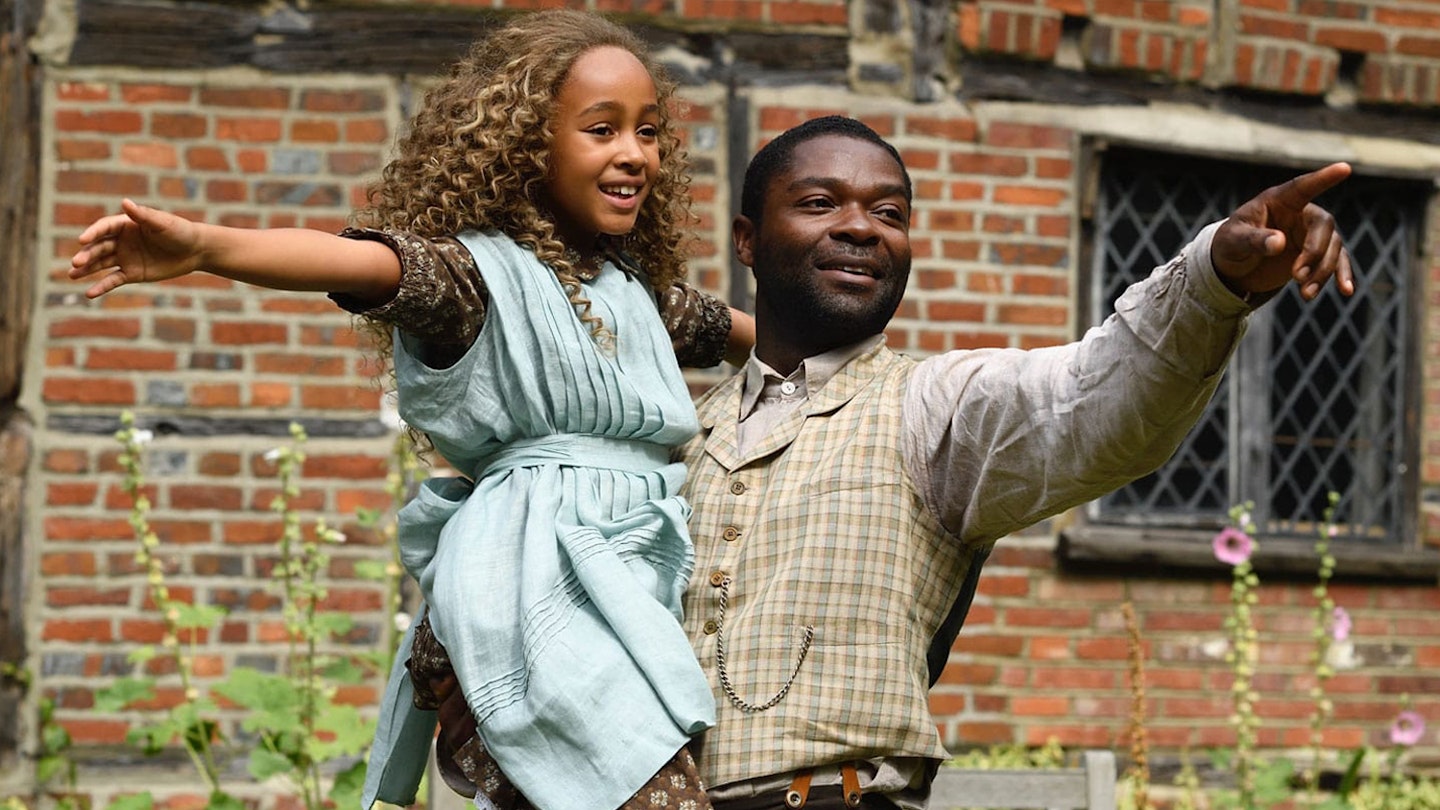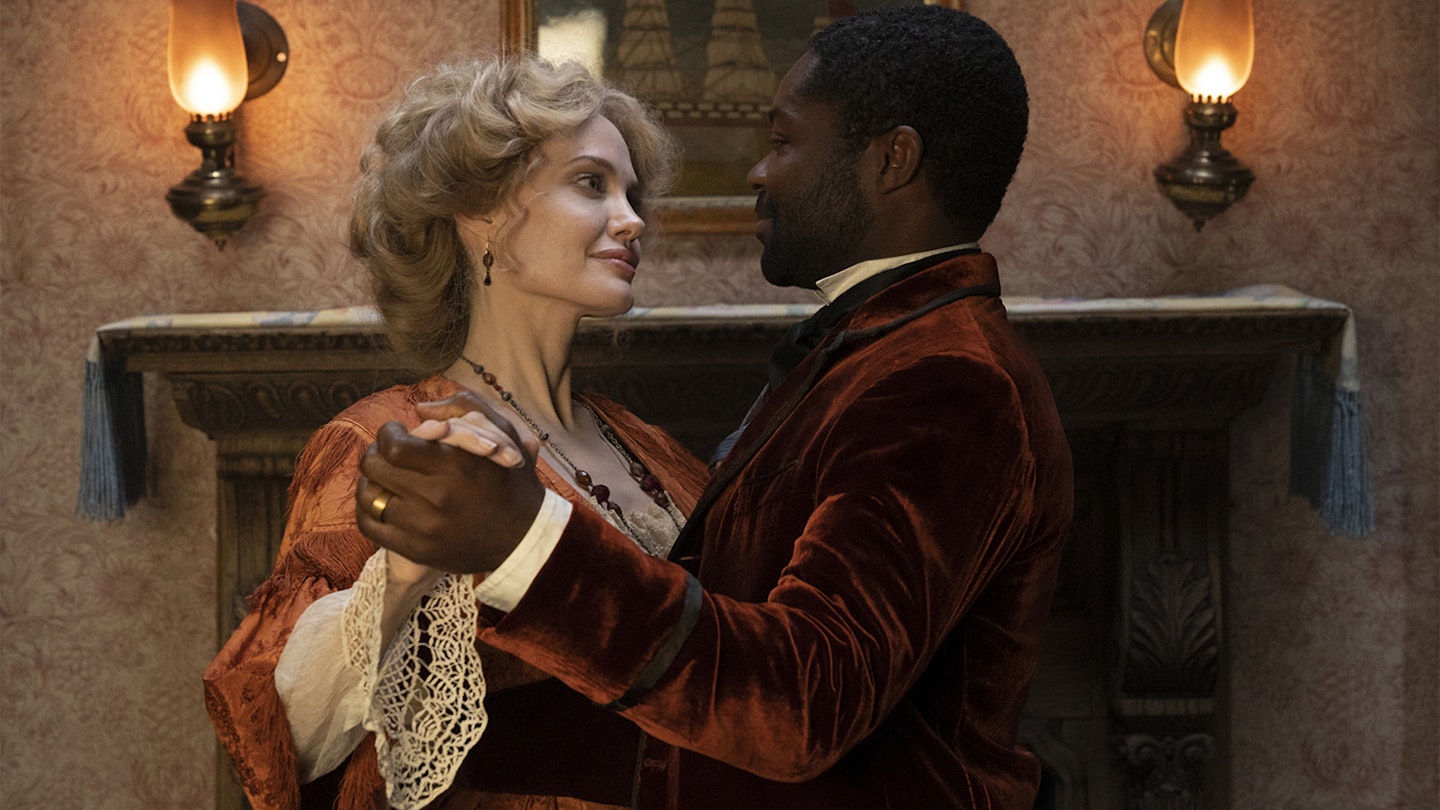As the director of Pixar’s Brave, and a writer on Disney animated favourites like The Lion King and Beauty And The Beast, filmmaker Brenda Chapman knows a thing or two about fairy tales and allegorical fables. But while her debut live-action film as director attempts to reimagine both Alice In Wonderland and Peter Pan in quasi-retellings — part hypothetical origin stories, part fantasy-infused coming-of-age analogy — it doesn’t quite connect in the same way as her animated work.

If it’s hard to pin down exactly how Come Away positions itself in relation to Lewis Carroll and J.M. Barrie’s most famous stories — the film never quite seems sure either. Living in the British countryside, children David (Reece Yates), Peter (Jordan A. Nash) and Alice (Keira Chansa) let their imaginations run wild in flights of fancy, dreaming up woodland tea parties and pirate battles where brandished twigs become swords and spears, in a summer where the discovery of a washed-up boat brings infinite promise. But when David dies suddenly — a devastating emotional blow, the impact of which is cushioned by the PG presentation — Alice and Peter see their parents (Angelina Jolie and David Oyelowo, among a starry adult cast) hit hard by harsh reality, grief giving way to gambling debts and day-drinking. The kids’ attempts to improve their family’s circumstances send them on a dangerous quest, embellished with fantastical flourishes ripped from Carroll and Barrie’s stories.
The film never quite strikes the right balance between the real and the imaginary.
Like in Bridge To Terabithia, Come Away uses imagined fantasy as a way of confronting death from a young perspective, but the film never quite strikes the right balance between the real and the imaginary. Fleeting moments of wonder are quickly extinguished by surprisingly gruelling doses of dire misfortune, meaning the fairy-tale elements never really get going — though it’s a family film, younger viewers might struggle. Meanwhile, the connections drawn between the adult characters and their fairy-tale analogues — Clarke Peters’ criminal underworld figure is envisaged as a mad-ish ‘Hatter’, joined by David Gyasi as the menacing ‘Captain James’ — feel a little thin, obscuring the lines meant to connect our heroes to the stories the film nods towards.
Still, with the likes of Michael Caine and Derek Jacobi showing up in supporting roles and Gugu Mbatha-Raw anchoring the framing narrative as an older Alice, Come Away is always watchable — its ambitions exceed its grasp, but there’s a pleasure in seeing it reach for something. The multicultural casting, in what tend to be whitewashed stories, feels refreshing, and there are some charming images along the way (children’s dreams envisioned in clouds of golden dust, etchings in a wooden desk coming to life). Come Away admirably avoids being a defunct remake of two oft-spun tales, and is told with sincerity from a filmmaker intent on exploring the emotional power of fairy stories. It’s a film that clearly has something to say about childhood imagination — you just might be hard-pressed to say exactly what that is.

